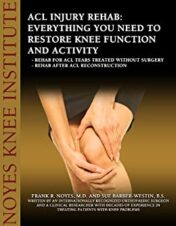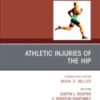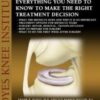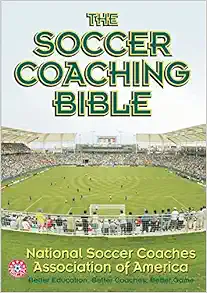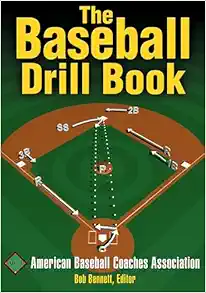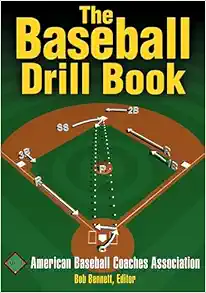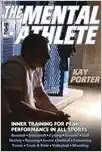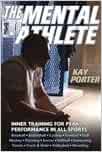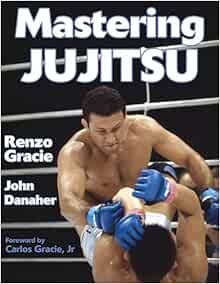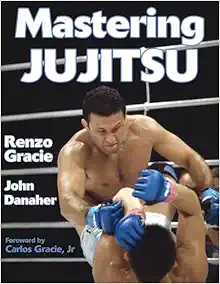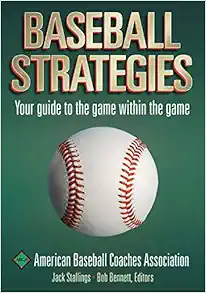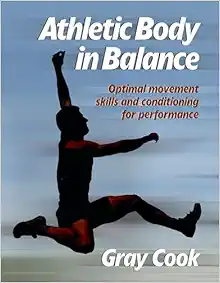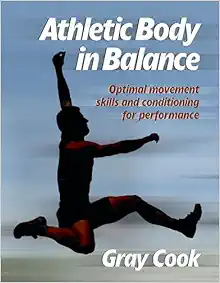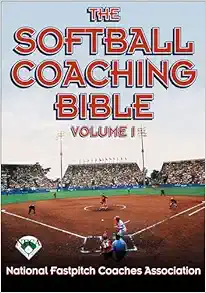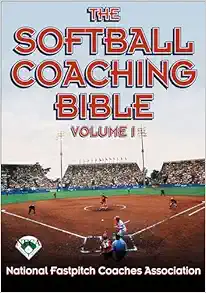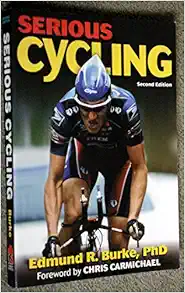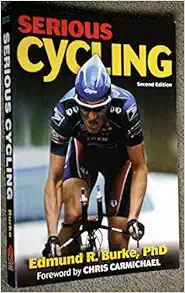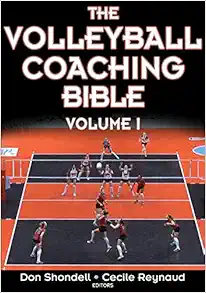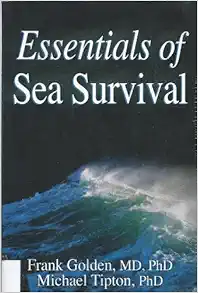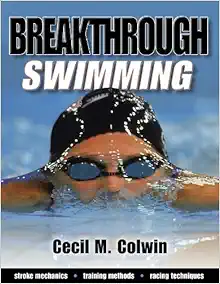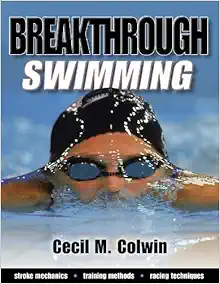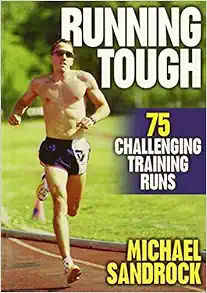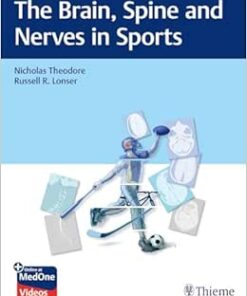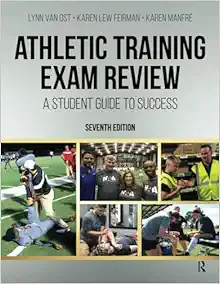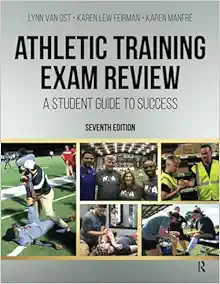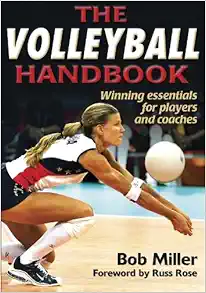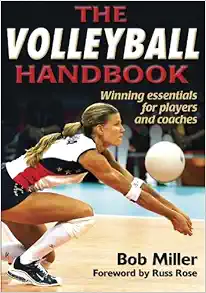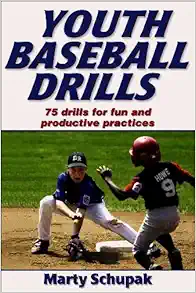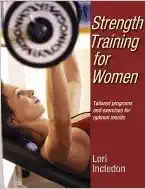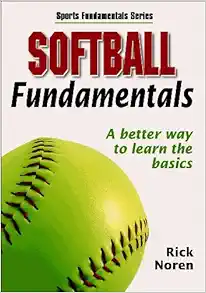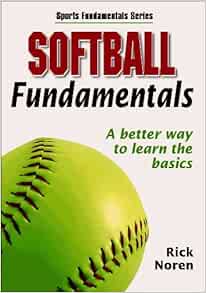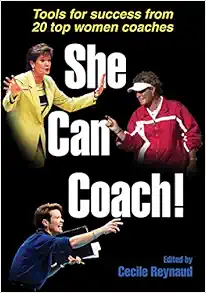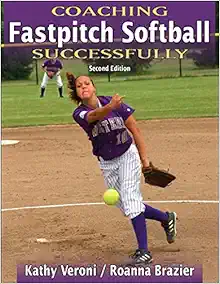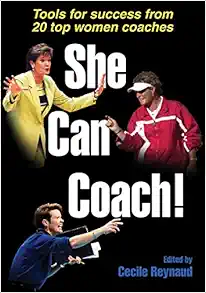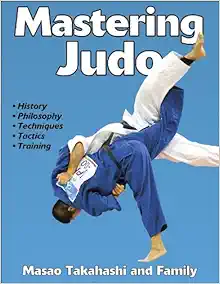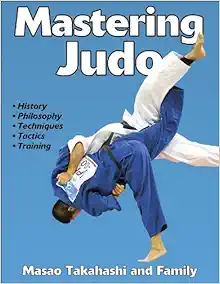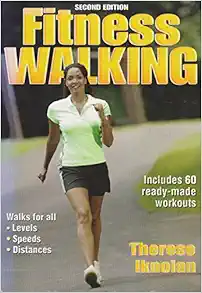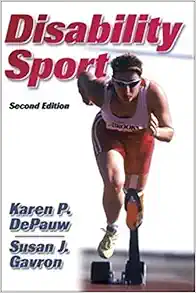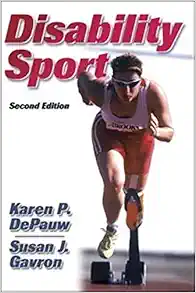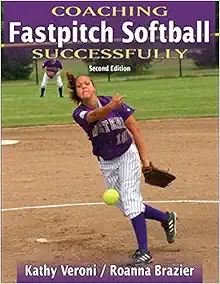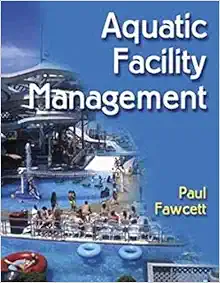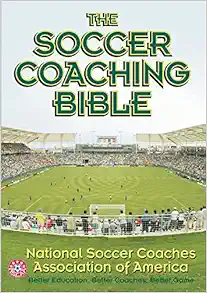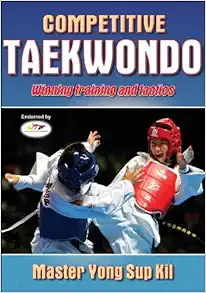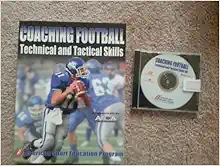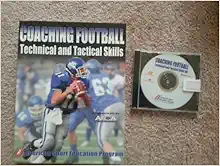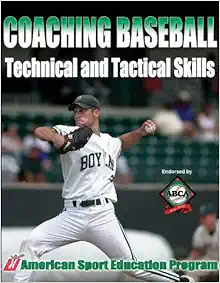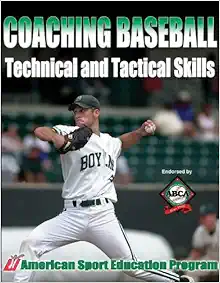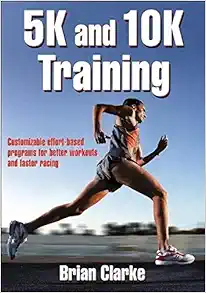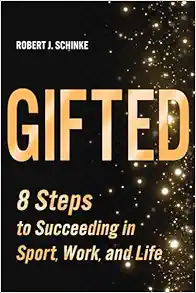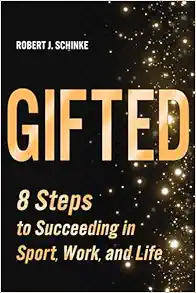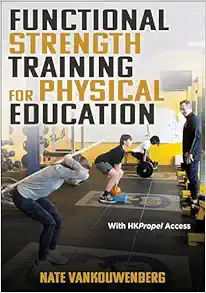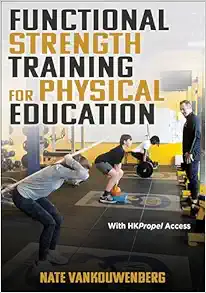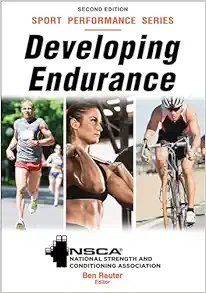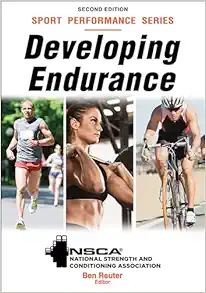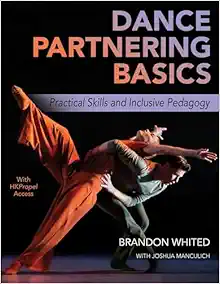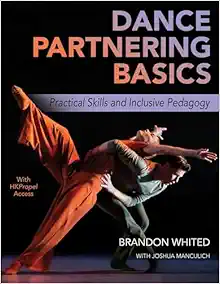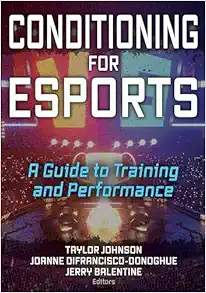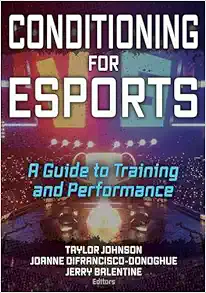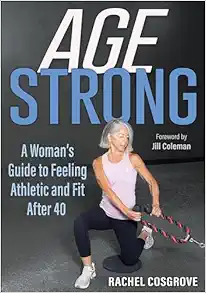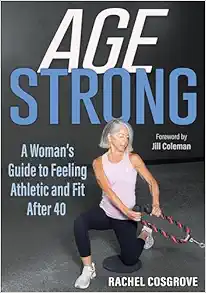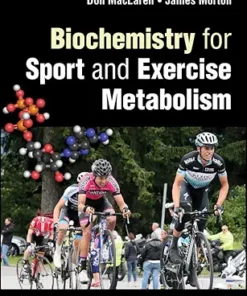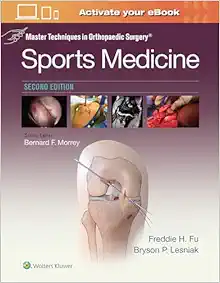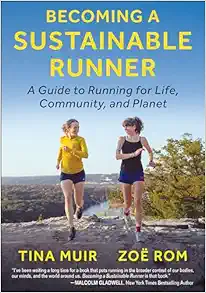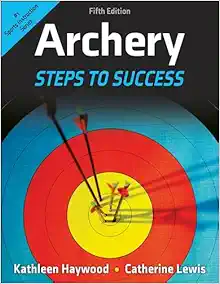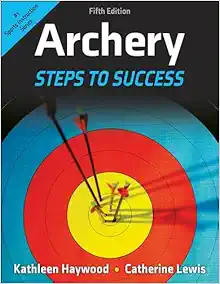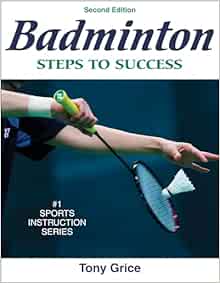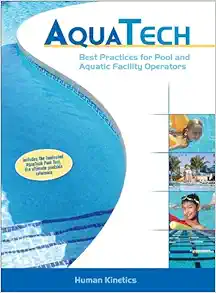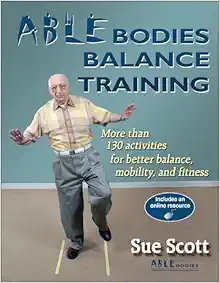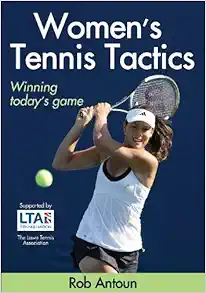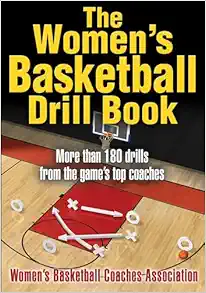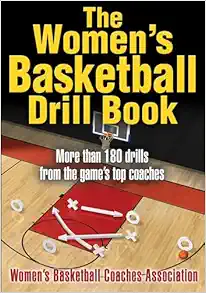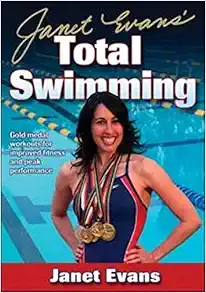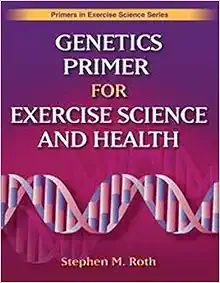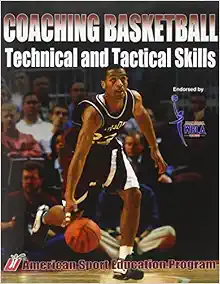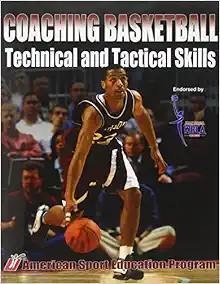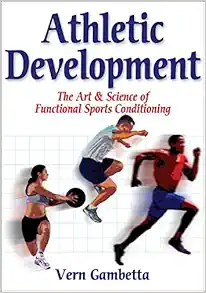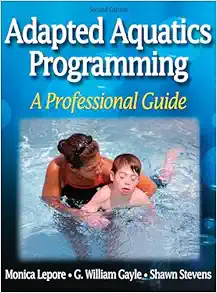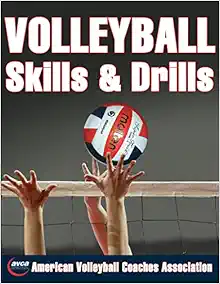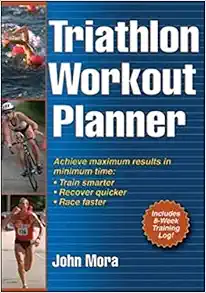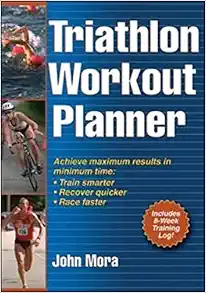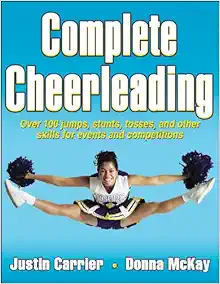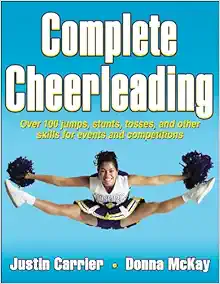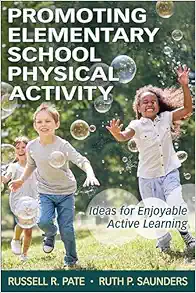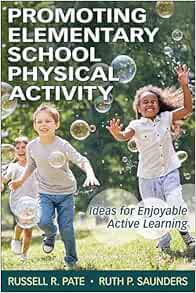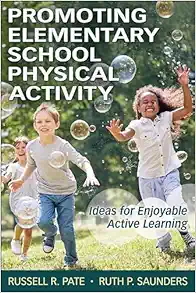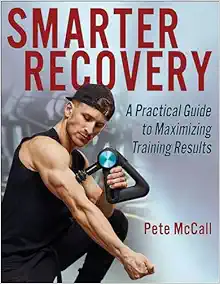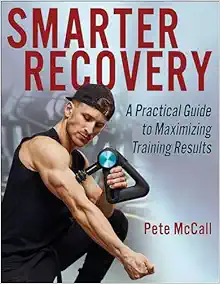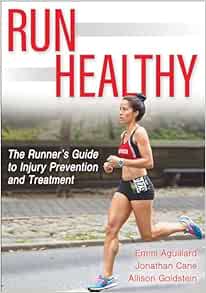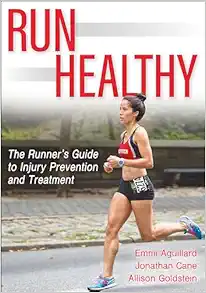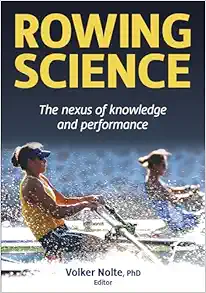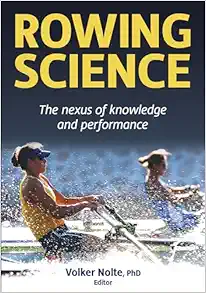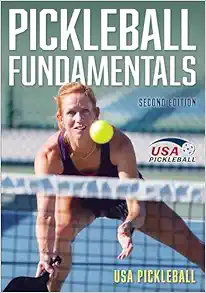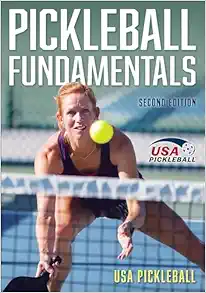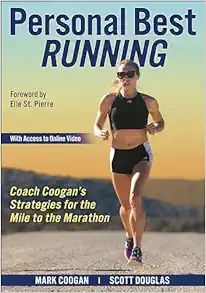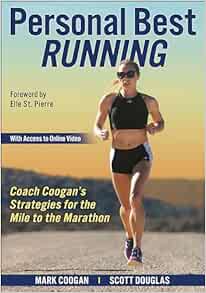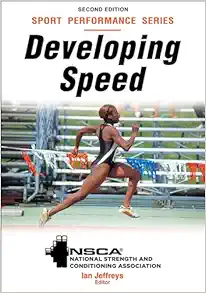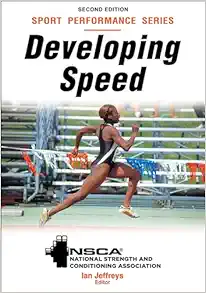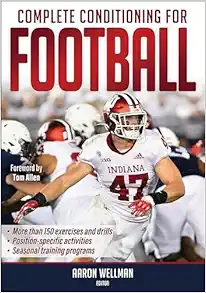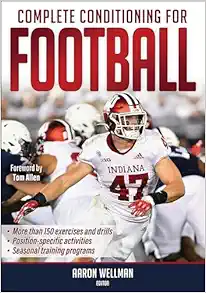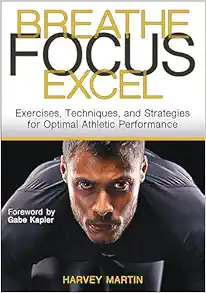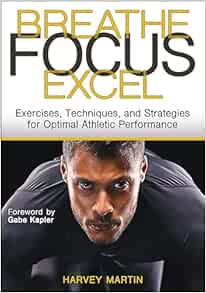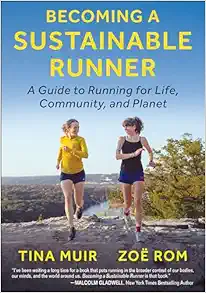ACL Injury Rehabilitation: Everything You Need to Know to Restore Knee Function and Return to Activity pdf 2012
$15
ACL Injury Rehabilitation: Everything You Need to Know to Restore Knee Function and Return to Activity pdf 2012
Tears to the anterior cruciate ligament (ACL) are the most common ligament injury that occur in the knee joint. Each year in the United States alone, approximately 125,000-200,000 patients require surgery for this injury. Thousands more try to deal with an “ACL-deficient” knee by avoiding surgery. Whether you are active in sports or work in a job that requires a strong, stable, knee, an ACL tear may have devastating consequences for the activities you need and want to do on a routine basis. The decision of how to treat an ACL tear is not an easy one. It requires understanding all of the damage that exists in the knee and the treatment options available. Although there is a considerable amount of information available on the Internet about ACL injuries, not all comes from medical professionals. After treating patients for nearly 4 decades with ACL tears, two medical professionals – Dr. Frank Noyes and Sue Barber-Westin – have written this eBook to try to help individuals recover from this injury.
Dr. Frank Noyes, an internationally renowned orthopaedic surgeon and researcher, and Sue Barber-Westin, Director of Clinical Research at the Cincinnati SportsMedicine Research and Education Foundation, team up to provide information that is easy to read and understand regarding ACL injuries. Together, Noyes and Barber-Westin have conducted more than 60 clinical research projects and published 140 articles in the medical literature. They have edited two orthopaedic textbooks, which have been purchased by thousands of medical professionals involved with caring for patients with knee problems.
Physical therapy is crucial after an ACL injury or surgery in order to restore normal knee function. Rehabilitation helps patients regain normal knee motion (the ability to fully bend and straighten the knee), muscle strength, balance, coordination, and neuromuscular control. A careful balance of exercises is required in order to achieve these goals without harming the healing graft after surgery or causing a problem such as knee joint swelling, patellar tendinitis, or kneecap pain.
This eBook provides detailed rehabilitation programs for patients who decide to treat their ACL injury without surgery. In addition, for patients who undergo ACL surgery, two programs are described and information provided to help choose which program should be selected. Instructions and photographs are provided for the exercises that are done at home or in a health fitness club. Along with “standard” physical therapy exercises, advanced training exercises and programs are described for athletes who wish to return to high-risk sports such as soccer or basketball. Advice is given on what tests patients should pass in order to be released to these types of activities. It is recommended that any rehabilitation program, including the ones provided in this eBook, be supervised by an experienced physical therapist in order to have the best possible outcome. Noyes and Barber-Westin have also written an eBook on “ACL Injury: Everything You Need to Know to Make the Right Treatment Decision”. Read this book to find out what the ACL does and why it is so important, treatment options for partial and complete ACL tears, surgery (graft options, how it is done, what to expect), how to prepare for surgery, and what to do the first week after surgery.
Related Products
Sports Medicine Books
Sports Medicine Books
Sports Medicine Books
Sports Medicine Books
Sports Medicine Books
Sports Medicine Books
Mastering Jujitsu (Mastering Martial Arts) (Original PDF from Publisher)
Sports Medicine Books
Sports Medicine Books
Sports Medicine Books
Sports Medicine Books
Sports Medicine Books
Sports Medicine Books
The Softball Coaching Bible, Volume I (The Coaching Bible) (Original PDF from Publisher)
Sports Medicine Books
The Softball Coaching Bible, Volume I (The Coaching Bible) (EPUB)
Sports Medicine Books
Sports Medicine Books
Sports Medicine Books
Sports Medicine Books
Sports Medicine Books
Breakthrough Swimming by Colwin, Cecil published by Human Kinetics (2002) (EPUB)
Sports Medicine Books
Sports Medicine Books
The Brain, Spine and Nerves in Sports (Original PDF from Publisher)
Sports Medicine Books
Sports Medicine Books
Athletic Training Exam Review, 7th Edition (Original PDF from Publisher)
Sports Medicine Books
Sports Medicine Books
Sports Medicine Books
Sports Medicine Books
Sports Medicine Books
Softball Fundamentals (Sports Fundamentals Series) (Original PDF from Publisher)
Sports Medicine Books
Sports Medicine Books
Sports Medicine Books
Sports Medicine Books
Sports Medicine Books
Mastering Judo (Mastering Martial Arts Series) (Original PDF from Publisher)
Sports Medicine Books
Fitness Walking, 2nd Edition (Fitness Spectrum Series) (Original PDF from Publisher)
Sports Medicine Books
Sports Medicine Books
Sports Medicine Books
Coaching Fastpitch Softball Successfully (Coaching Successfully), 2nd Edition (EPUB)
Sports Medicine Books
Sports Medicine Books
The Soccer Coaching Bible (The Coaching Bible) (Original PDF from Publisher)
Sports Medicine Books
Sports Medicine Books
Coaching Football Technical and Tactical Skills (Technical and Tactical Skills Series) (EPUB)
Sports Medicine Books
Coaching Baseball Technical and Tactical Skills (Technical and Tactical Skills Series) (EPUB)
Sports Medicine Books
Sports Medicine Books
Gifted: 8 Steps to Succeeding in Sport, Work, and Life (Original PDF from Publisher)
Sports Medicine Books
Gifted: 8 Steps to Succeeding in Sport, Work, and Life (EPUB)
Sports Medicine Books
Functional Strength Training for Physical Education (Original PDF from Publisher)
Sports Medicine Books
Sports Medicine Books
Developing Endurance, NSCA – National Strength & Conditioning Association (EPUB)
Sports Medicine Books
Dance Partnering Basics: Practical Skills and Inclusive Pedagogy (Original PDF from Publisher)
Sports Medicine Books
Dance Partnering Basics: Practical Skills and Inclusive Pedagogy (EPUB)
Sports Medicine Books
Conditioning for Esports: A Guide to Training and Performance (Original PDF from Publisher)
Sports Medicine Books
Conditioning for Esports: A Guide to Training and Performance (EPUB)
Sports Medicine Books
Age Strong: A Woman’s Guide to Feeling Athletic and Fit After 40 (Original PDF from Publisher)
Sports Medicine Books
Age Strong: A Woman’s Guide to Feeling Athletic and Fit After 40 (EPUB)
Sports Medicine Books
Biochemistry for Sport and Exercise Metabolism, 2nd edition (Original PDF from Publisher)
Sports Medicine Books
Becoming a Sustainable Runner: A Guide to Running for Life, Community, and Planet (EPUB)
Sports Medicine Books
Archery: Steps to Success, 5th Edition (Original PDF from Publisher)
Sports Medicine Books
Sports Medicine Books
Badminton: Steps to Success, 2nd Edition (Original PDF from Publisher)
Sports Medicine Books
Aquatech: Best Practices for Pool and Aquatic Facility Operators (Original PDF from Publisher)
Sports Medicine Books
Sports Medicine Books
Sports Medicine Books
The Women’s Basketball Drill Book (Original PDF from Publisher)
Sports Medicine Books
Sports Medicine Books
Sports Medicine Books
Genetics Primer for Exercise Science and Health (Primers in Exercise Science) (EPUB)
Sports Medicine Books
Coaching Basketball Technical and Tactical Skills (Original PDF from Publisher)
Sports Medicine Books
Sports Medicine Books
Adapted Aquatics Programming: A Professional Guide, 2nd Edition (Original PDF from Publisher)
Sports Medicine Books
Sports Medicine Books
Sports Medicine Books
Sports Medicine Books
Sports Medicine Books
Sports Medicine Books
Promoting Elementary School Physical Activity: Ideas for Enjoyable Active Learning (EPUB)
Sports Medicine Books
Smarter Recovery: A Practical Guide to Maximizing Training Results (EPUB)
Sports Medicine Books
Run Healthy: The Runner’s Guide to Injury Prevention and Treatment (EPUB)
Sports Medicine Books
Sports Medicine Books
Sports Medicine Books
Pickleball Fundamentals, 2nd Edition (Original PDF from Publisher)
Sports Medicine Books
Sports Medicine Books
Personal Best Running: Coach Coogan’s Strategies for the Mile to the Marathon (EPUB)
Sports Medicine Books
Developing Speed (EPUB)- NSCA – National Strength & Conditioning Association, 2nd Edition
Sports Medicine Books
Complete Conditioning for Football (Original PDF from Publisher)
Sports Medicine Books

